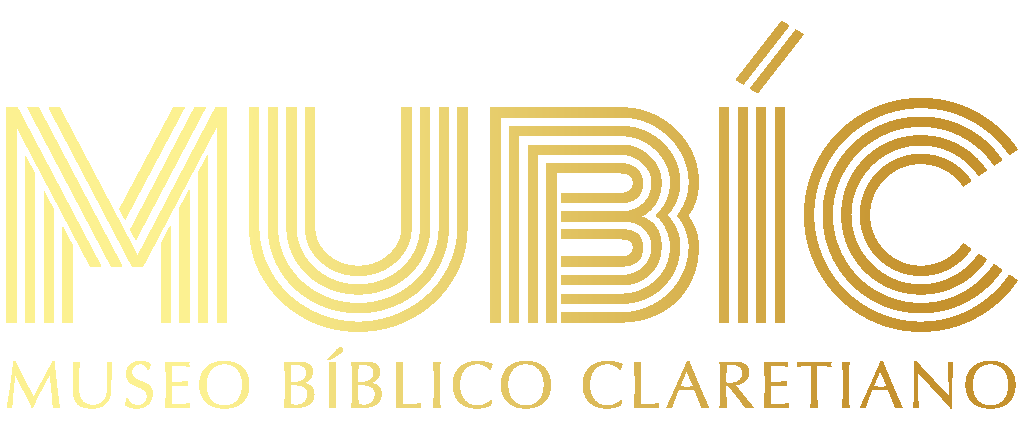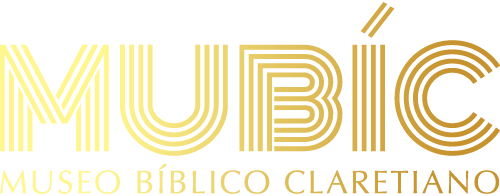



Foro
About Me
When planning a getaway, some of the critical choices entails choosing the proper time to book your hotel. The timing of your visit can significantly impact not only the cost but also the overall expertise of your trip. Understanding the differences between peak and off-peak seasons is essential for savvy vacationers seeking the best value and a more enjoyable stay.
Defining Peak and Off-Peak Seasons
Peak season typically refers back to the occasions of the 12 months when a destination experiences the highest demand for lodging, sights, and activities. This usually coincides with holidays, school vacations, or favorable climate conditions. For instance, beach locations tend to peak throughout the summer months, while ski resorts thrive in winter. In distinction, off-peak seasons are characterised by lower demand, typically as a result of unfavorable climate or the absence of major holidays. These durations can differ widely depending on the location and type of travel.
Advantages of Booking During Peak Season
Traveling throughout peak season has its perks. The primary advantage is the vibrancy and liveliness that destinations usually exhibit. Popular attractions are fully operational, local events and festivals take place, and the ambiance is buzzing with energy. Should you thrive on social interaction and enjoy a bustling environment, peak season can provide an unforgettable experience.
Additionally, hotels and resorts might provide special promotions or packages that enhance your stay. For instance, a beachfront hotel may host nightly entertainment or complimentary breakfast throughout the busy summer time months, making it a worthwhile expertise despite the higher rates.
The Drawbacks of Peak Season
Nevertheless, peak season just isn't without its downsides. The obvious concern is cost. Hotel costs can soar, with rates often doubling or tripling throughout the busiest times. Additionalmore, lodging can book up quickly, forcing travelers to settle for less desirable options. Long lines at points of interest, crowded eating places, and fully booked activities can lead to stress and disappointment, undermining the joys of travel.
Benefits of Off-Peak Travel
Conversely, off-peak seasons provide a number of significant advantages. The most interesting aspect is the potential for savings. Hotel rates are generally lower, and vacationers might discover reductions or last-minute offers that make luxury lodging more accessible. This can allow you to indulge in higher-quality hotels or extended stays that could be unaffordable throughout peak times.
Additionally, traveling throughout off-peak durations typically means fewer crowds. This can enhance the general experience, permitting you to explore attractions at a leisurely tempo, enjoy shorter wait times, and have a more intimate encounter with the local culture. You may discover hidden gems or obtain personalized service from hotel workers desirous to cater to fewer guests.
Considerations for Off-Peak Journey
While off-peak journey has its benefits, it’s essential to weigh the potential downsides. Some attractions might have limited hours or close totally throughout sure months. Weather conditions can be less favorable; for example, rainy seasons might deter outside activities in tropical destinations. Therefore, thorough research is essential to make sure that the activities you’re interested in will be available and enjoyable during your visit.
Discovering the Proper Balance
Ultimately, the best time to book a hotel depends in your travel preferences, budget, and the particular destination. If you prioritize price savings and a relaxed atmosphere, off-peak journey is ideal. Nonetheless, in case you’re seeking a lively experience with numerous activities, peak season may be worth the higher price tag.
A center-ground option is the shoulder season, the period between peak and off-peak times. This might be a wonderful compromise, offering the very best of each worlds: moderate costs and comparatively fewer crowds. By selecting to travel during these transitional intervals, you'll be able to enjoy pleasant weather, more available activities, and reasonable rates.
Conclusion
In conclusion, whether or not you opt for peak or off-peak journey, each has its distinctive set of benefits and challenges. By understanding the dynamics of seasonal journey, you can make informed choices that align with your preferences and budget. Regardless of if you select to book your hotel, the most important aspect is to embrace the adventure and create lasting recollections on your journey. Happy travels!
If you cherished this short article and you would like to get a lot more information relating to hotel overbooked kindly pay a visit to our own web site.
Location
Occupation
Latest Post: Nuevo Testamento Our newest member: monapiedra39713 Recent Posts Unread Posts Tags
Forum Icons: Forum contains no unread posts Forum contains unread posts
Topic Icons: Not Replied Replied Active Hot Sticky Unapproved Solved Private Closed


